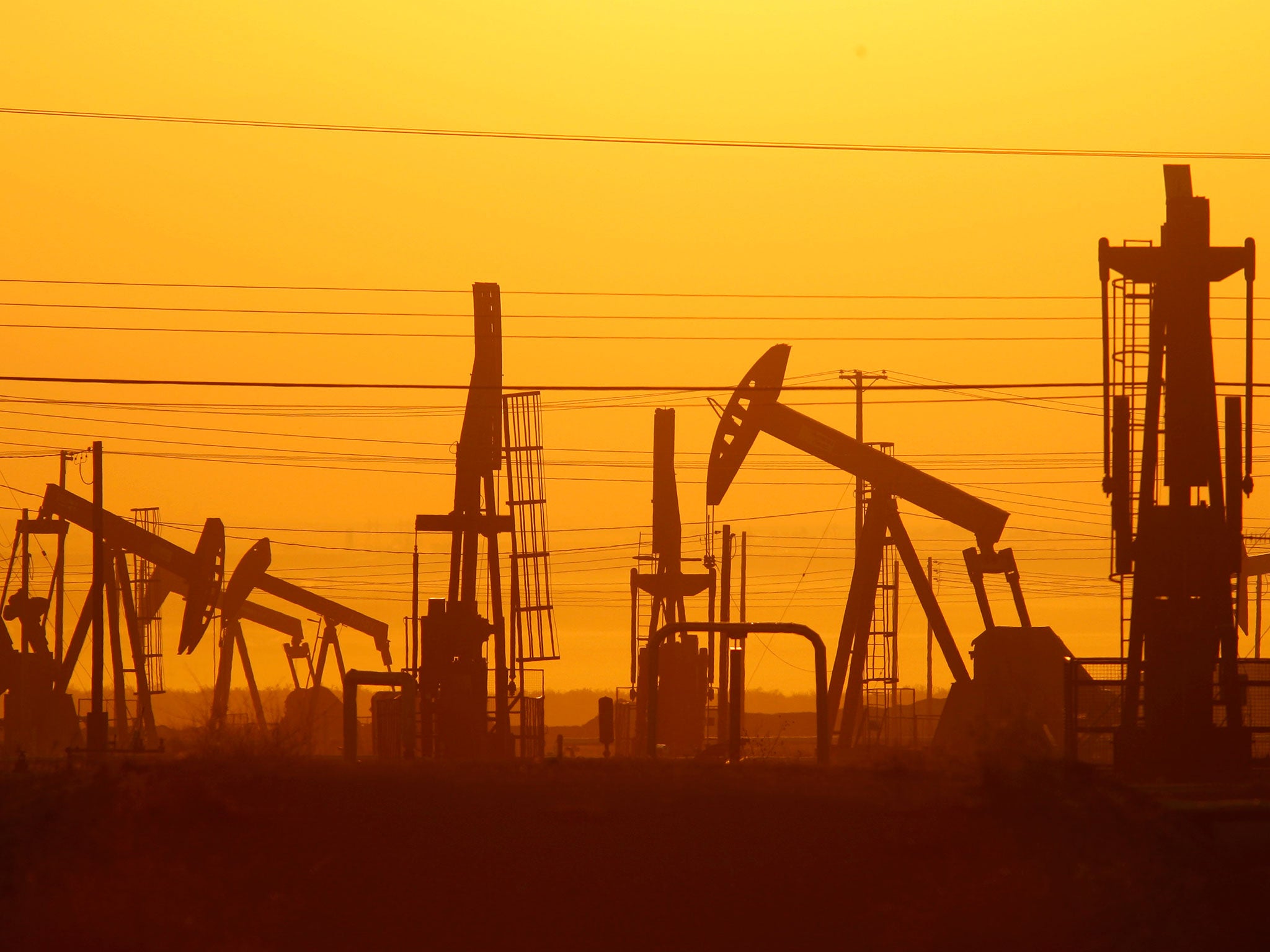The Independent has long championed the major environmental issues of our time. Before many others we highlighted the growing threat of climate change and argued that human reliance on fossil fuel needed urgent re-examination.
The debates over fracking in recent years have received wide coverage. The Independent’s editorial stance has been to accept that, in the context of our ever-increasing energy consumption, the possibilities of this new technology should not be ignored; but that there must be proper consideration of the social, ethical and ecological context – as well as the purely scientific and technical questions about how the process works.
But just as we would be critical of newspapers which sensationalise stories to support the claims of those who believe environmental concerns are exaggerated, so we must beware it has the potential to apply in the opposite direction.
A recent news in brief item described the annual report of the government’s chief scientist as having “warned” that “fracking poses a health risk similar to thalidomide and asbestos”. The headline had the words “similar to asbestos and thalidomide” in single quote marks. This is common newspaper practice to denote that the words are not a direct quote but the gist of what has been said. I have, as an aside, wondered how extensively that is understood by readers.
In any case, was this a reasonable description of the chief scientist’s conclusions? Several readers took issue with our wording.
Sure enough, a full reading of the report suggests its view on fracking was far from cataclysmic. After all, its purpose was summed up by its title: “Innovation: Managing risk, not avoiding it”. Indeed, it was not a report about fracking per se at all but about scientific risk-management more generally.
A chapter by Andy Stirling, of Sussex university, (not the chief scientist himself) noted that fracking “arguably offers a contemporary prospective example” to put alongside historical instances of “innovation trajectories that later proved to be problematic”. Tobacco, asbestos, thalidomide, leaded petrol and fossil fuels were all listed as examples from the past.
Yet fracking is in its infancy. Its long-term consequences cannot be known, as Stirling was essentially pointing out. To interpret this as a warning from the government’s chief scientist that fracking posed a risk to health akin to asbestos et al was a linguistic stretch of sizeable proportions.
We noted in an editorial in March that it was important for government to set out all the evidence about fracking so the public could examine it. The chief scientist’s report fundamentally made the same point. Yet by straining for a more dramatic inference, our brief news piece not only had the capacity to mislead, it also undermined our own call for a sensible public debate based on the facts.
The dangers of over-using images
The recent legal appeals by the murderers of Lee Rigby inevitably led to renewed publicity about their crime. On The Independent’s website, the hideous image of Michael Adebolajo’s bloodied hands appeared again, prompting a reader to question whether it was necessary to use so often a picture that promoted hatred and did “what the killers wanted” by keeping them in the spotlight.
In fact, the greatest danger of over-using images like the one of Adebolajo may not be that it promotes hatred towards him, nor that it encourages others. Instead, it is that we become inured to the gruesomeness of his crime.
Will Gore is Deputy Managing Editor of The Independent, i, Independent on Sunday and the Evening Standard Twitter: @willjgore



Join our commenting forum
Join thought-provoking conversations, follow other Independent readers and see their replies